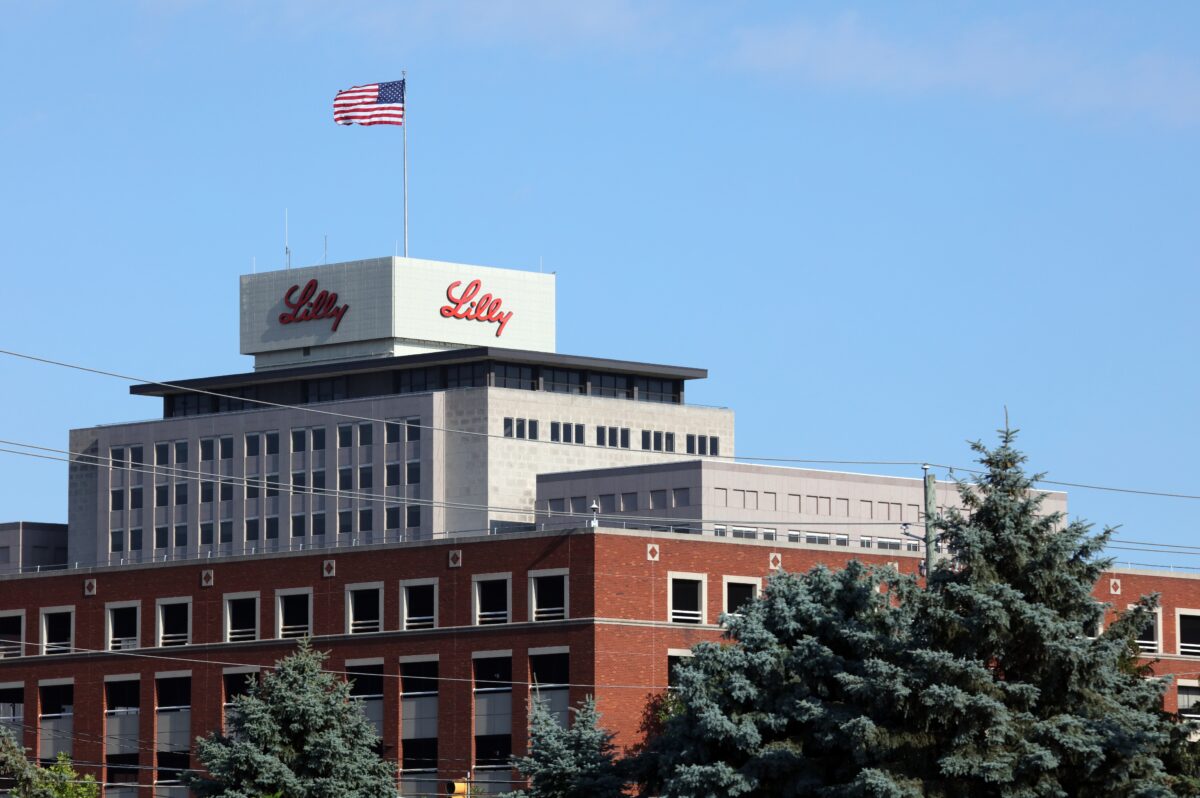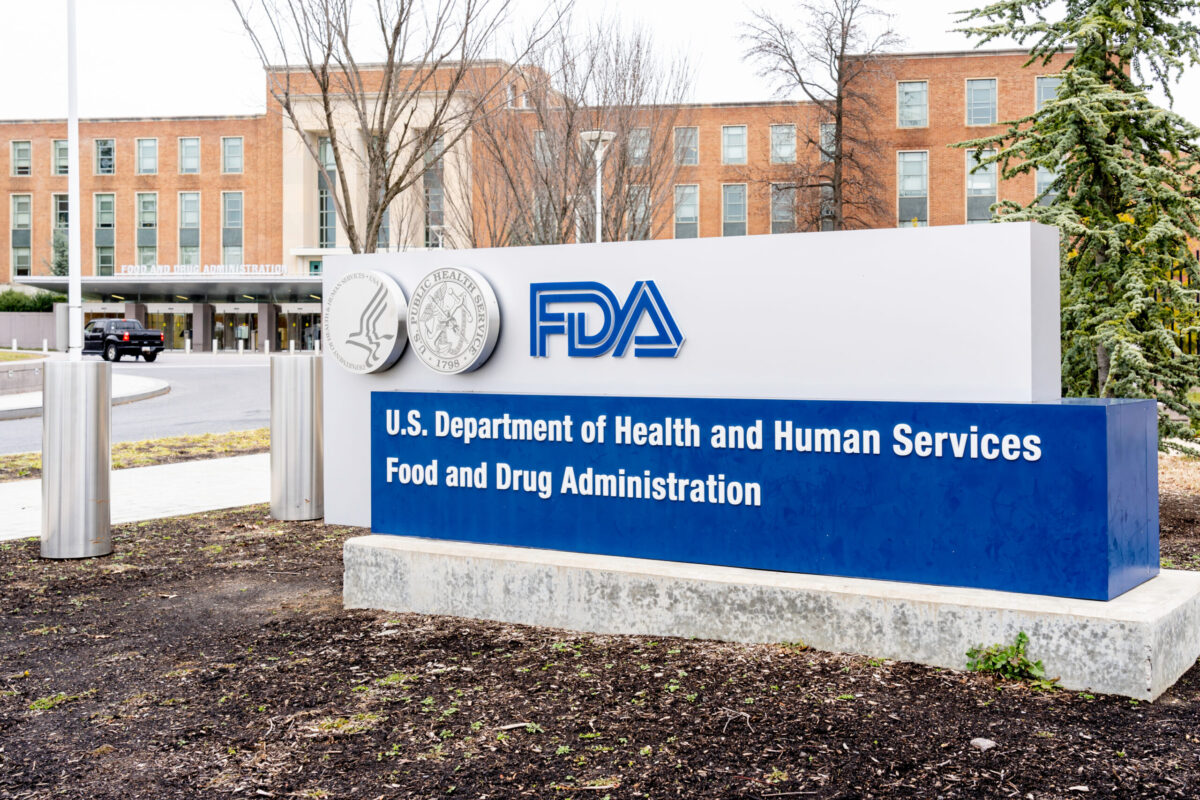The US Food and Drug Administration (FDA) has granted approval to Checkpoint Therapeutics’ PD-L1 inhibitor Unloxcyt (cosibelimab-ipdl) for the treatment of metastatic or locally advanced cutaneous squamous cell carcinoma (cSCC) in patients who cannot be cured with surgery or radiation therapy.
The approval marks the first product approval for the Massachusetts-based biotech and the first approved anti-programmed death-ligand 1 (PD-L1) treatment for advanced cSCC.
cSCC is the second most common form of non-melanoma skin cancer, with over 1.8 million cases diagnosed annually in the US, according to the Skin Cancer Foundation. Among these, approximately 40,000 are advanced cases each year.
While most cases are curable with surgical intervention, advanced cSCC, which either metastasizes or cannot be treated surgically, has a poor prognosis with limited therapeutic options.
Cosibelimab-ipdl is a monoclonal antibody that inhibits PD-L1, a protein that tumors use to evade immune detection. By blocking PD-L1, cosibelimab-ipdl enables the immune system to identify and attack cancer cells more effectively.
The biggest PD-L1 players in the market are Merck’s Keytruda (pembrolizumab) and Regeneron’s Libtayo (cemiplimab-rwlc). While they are available for cSCC, Unloxcyt is the first PD-L1 inhibitor specifically approved for it.
XTALKS WEBINAR: Effectively Supporting Clinical Sites for Continuous Audit Readiness
Live and On-Demand: Wednesday, February 12, 2025, at 1pm EST (10am PST)
Register for this free webinar to learn how to attain good clinical practice (GCP) compliance for sponsors and clinical sites, including the assessment and improvement of quality management systems (QMS), site qualification, audit and inspection readiness.
Unloxcyt’s recommended commercial dosage is 1,200 mg administered as an intravenous infusion over 60 minutes every three weeks.
“This approval marks Checkpoint’s transformation to a commercial-stage company, with the opportunity to compete in a US market estimated to exceed $1 billion annually,” said Checkpoint Therapeutics CEO, James Oliviero, in a press release.
The approval was based on findings from pivotal Phase I and Phase II clinical trials, which demonstrated significant response rates and a favorable safety profile in patients with advanced cSCC.
In the trials, cosibelimab-ipdl showcased a robust objective response rate (ORR) of approximately 47 percent among 78 patients, with many experiencing durable responses. The response rate was 48 percent among 31 patients with locally advanced disease. Notably, a subset of patients achieved complete remission.
The median duration of response was 17.7 months in the locally advanced cohort and was not reached in the metastatic group.
Among responders in the metastatic group, 54 percent had responses of at least 12 months compared with 20 percent in the locally advanced group.
Safety data indicated that cosibelimab-ipdl is generally well-tolerated, with adverse events consistent with other PD-L1 inhibitors. The most common side effects included fatigue, rash, pruritus (itching) and immune-related adverse reactions such as pneumonitis and colitis, which were manageable with appropriate interventions.
Oliviero noted that Unloxcyt has a couple of differentiating features that set it apart from other checkpoint inhibitors on the market.
Unloxcyt binds to PD-L1, rather than programmed death receptor-1 (PD-1) as Keytruda does, to release PD-L1’s inhibitor effects on the anti-tumor immune response.
Olivier also explained that Unloxcyt has also shown the ability to induce antibody-dependent cell-mediated cytotoxicity (ADCC), differentiating it from existing marketed therapies for patients with cSCC.
However, these features have not translated into greater clinical efficacy compared to the others thus far.
Unloxcyt’s results show varying strengths and weaknesses compared to Keytruda’s and Libtayo’s data, depending on the metric assessed.
While cross-trial comparisons have inherent limitations, such as baseline patient characteristics and variable follow-up times, Keytruda achieved a 35 percent overall response rate in the metastatic cSCC setting, which is lower than Unloxcyt’s results.
However, Keytruda had a median duration of response of 47.2 months in the locally advanced cohort, significantly better than Unloxcyt’s.
Libtayo’s label indicates that 77 percent of responders remained in remission for at least one year in a combined cSCC cohort, which included both metastatic and locally advanced patients.
In a longer follow-up released in September, Unloxcyt’s estimated 12-month duration of response probability increased to 75.4 percent for metastatic patients and 88.2 percent for those with locally advanced disease.
Related: Blenrep Combination Extends Survival in Relapsed Multiple Myeloma
Cosibelimab-ipdl is expected to be commercially available in the coming months.
Checkpoint has not revealed any pricing or insurance coverage details, but a media aide told Fierce Pharma that it “may be set at or near parity with other approved anti-PD-(L)1 therapies.”
Checkpoint has indicated a commitment to ensuring broad access through patient assistance programs and affordability initiatives.
Checkpoint intends to submit applications to the European Medicines Agency (EMA) and the UK’s Medicines and Healthcare products Regulatory Agency (MHRA) as soon as possible. According to the media aide, this may occur “through a potential partner with an established commercial infrastructure in Europe.”
If you want your company to be featured on Xtalks.com, please email [email protected].












Join or login to leave a comment
JOIN LOGIN